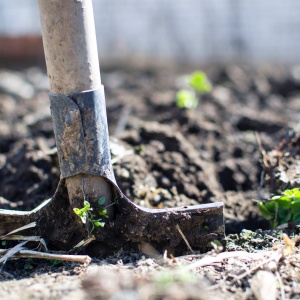
FCRN member Hayo van der Werf has co-authored this perspective paper, which argues that current Life Cycle Assessment (LCA) methodologies tend to favour intensive farming systems and misrepresent organic and agroecological systems.
According to the paper, the main limitations of using LCA to assess organic farming are:
- Taking a narrow perspective on the functions of agriculture. The paper argues that LCA’s approach of measuring impacts and resource use per unit of output (e.g. greenhouse gas emissions per kg of wheat produced) is akin to measuring environmental efficiency, and neglects qualities such as resilience and social equity.
- A lack of indicators for important impact categories, including land degradation (such as soil erosion or compaction), biodiversity losses, the effects of pesticide use, and animal welfare.
- Inadequate consideration of the indirect effects of shifting to organic/agroecological systems - for example, the market rebound effects of consumers spending more money on (relatively expensive) organic food and less money on other products or services. This is because of a lack of understanding of consumer behaviour and interlinking drivers of factors such as land use change.
Abstract
The environmental effects of agriculture and food are much discussed, with competing claims concerning the impacts of conventional and organic farming. Life cycle assessment (LCA) is the method most widely used to assess environmental impacts of agricultural products. Current LCA methodology and studies tend to favour high-input intensive agricultural systems and misrepresent less intensive agroecological systems such as organic agriculture. LCA assesses agroecological systems inadequately for three reasons: (1) a lack of operational indicators for three key environmental issues; (2) a narrow perspective on functions of agricultural systems; and (3) inconsistent modelling of indirect effects.
Reference
van der Werf, H.M., Knudsen, M.T. and Cederberg, C., 2020. Towards better representation of organic agriculture in life cycle assessment. Nature Sustainability, pp.1-7.
Read the full paper here. See also the Foodsource chapter Environmental impacts of food: an introduction to LCA.







Post a new comment »